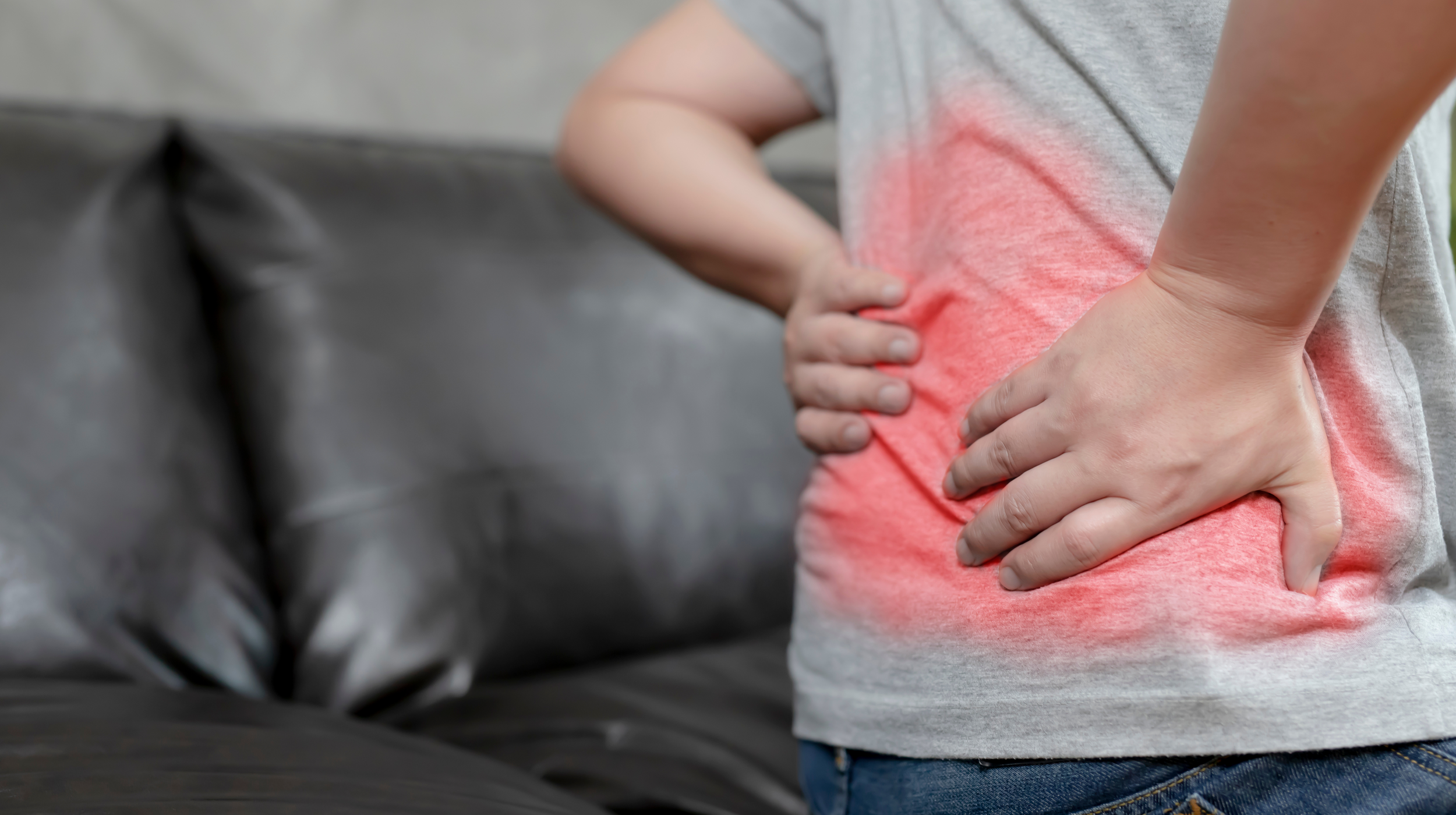Visceral Body Fat and Lower Back Pain
Jan 20, 2021 mindpumpHere at Mind Pump, you know how much the guys talk about the importance of strength training and eating real, unprocessed foods. There are so many benefits that come from living a healthy lifestyle…but did you know a healthy body can help alleviate back pain?
Yes, it’s true. Whether you knew or not, an excess amount of body fat can cause back pain, especially your lower back. I’m not saying this to add another worry to your plate. Chances are if you are a relatively active person who limits processed foods and has back pain, it may not be from the fat you carry. In this case, it’s important to look at other factors like your hips, core and glute functionality and activity levels.
However, if you’re someone who:
- Follows a poorly structured diet
- Doesn’t work out often
- Experiences back pain
Then, it’s important to look over your daily habits and evaluate how your body feels.
A person who has excess visceral fat does not always look overweight. Visceral fat is excess weight that forms strictly around the abdominals area and it can be present without having a major impact on how you look. It’s often caused by a poor diet and sedentary lifestyle.
So, how is this correlated with low back pain? Well… the more visceral fat your abdominal area is carrying the less stable your core will become over time. Your core stability decreases because the excess fat on your belly creates an anterior pelvic tilt. An anterior pelvic tilt is when both your pelvis and back begin to curve forward. While your back muscles may be strong, if your core is weakened by the excess fat, your body will only be able to handle so much pressure and strain. Over time, this leads to lower back pain.
There are a couple habits you’ll need to adapt to in order to help alleviate your chronic back pain. First, focus on eating a diet rich in whole foods and limit highly processed foods. If you’re someone who eats mostly processed foods and sugar, take it step by step. Instead of eating 3 meals a day consisting of processed foods, try to make one of your meals with real foods. If that sounds difficult, try adding a serving of vegetables to one of your meals daily. Next, aim to work out a few times a week or whenever you can. Even if that means going on a walk for thirty minutes. This is especially important if you are someone who sits at a desk all day for work. Extended periods of sitting add even more stress to your hips, core and back. Third, try to incorporate a mobility routine into your day. Pick a time that works best for you (whether that’s when you wake up or right before you go to bed) and do a few exercises focusing on your hips and back. Check out Mind Pump TV for loads of free mobility exercise videos! Lastly, be patient with your progress. As you start to feel better and see changes in your body, you will become more motivated to stay on track.







